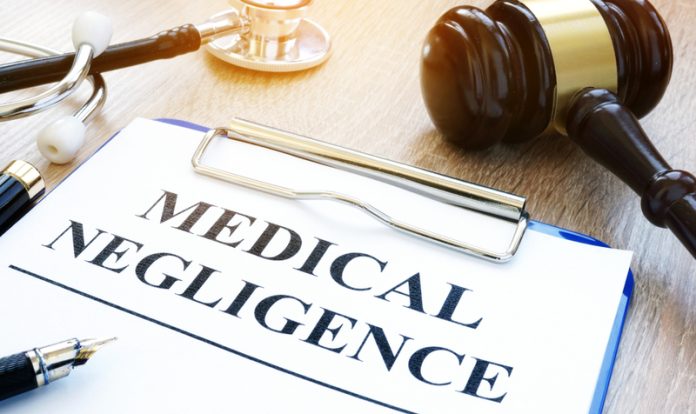- Yes, we all know that medical practitioners are revered as next only to the almighty gods and goddesses for helping save human beings from the vagaries of life vis-à-vis health. None would question this veneration. No wonder, the medical profession, and the entire fraternity command huge respect for this very reason as humankind is subjected to a variety of ailments, and sicknesses, some life-threatening, some fatal, and some not-so-fatal, and whose continued existence is dependent on the experts. Undoubtedly, the mere presence of medical professionals and their expert handling of situations provides great comfort to those seeking help.

PC: Sarah Smiley
- Implicit trust in doctors is of paramount importance which goes a long way in the healing process, a scientifically proven fact. Mind you, millions of precious lives are saved by timely medical assistance and interference. No arguments on this front. Since medical professionals have an extremely sensitive, onerous, and life-saving job to carry out, they are expected to be at their very best all the time whilst showcasing skills or handling a seriously ill patient seeking help. We also know any small amount of negligence or complacency or arrogance or overconfidence can result in complications and unwanted fatalities.
- You know how deaths resulting despite a doctor’s timely interventions have drawn the ire of families leading to attacks and vandalism. None wants such a sad situation to be played out. Of course, some cases can be attributed to negligence on the part of doctors too. There may be a variety of reasons but the most common one is negligence. One such case was recently reported in Chennai when a young woman footballer died after a botched surgery. For the benefit of those, an eighteen-year-old Priya R, suffering from a torn ligament, was promised that surgery would help her play better – her ambition was a government job through the sports quota.

PC: AMRITA DIDYALA
- But her right leg was amputated following the surgery, and the complications kept mounting, culminating in multi-organ failure. A health department inquiry had found negligence on the part of doctors. Strangely, the doctors were suspended from service and an FIR was lodged only after Priya’s death. Unsurprisingly, the initial official response was to transfer the two doctors to government hospitals in other districts. Across states, transfers are the standard first response when cases of dereliction of duty surface. Of course, governments are wary of alienating powerful unions representing various classes of state employees. Unfortunately, no government thinks of the terrible disservice to people in a democracy.
- When medical negligence is prima facie proven, as it is in the present case, governments must immediately lodge FIRs under relevant IP sections of negligence and/or causing death by negligence. The National Medical Commission’s guidelines require police, before arresting doctors, to consult medical boards of the district or state medical council, giving the relevant board two weeks each to make recommendations. Such timelines are difficult to adhere to when there’s tremendous pressure on governments to arrest errant doctors quickly. But equally, the state mustn’t shield doctors. What should be the way out then? Evidence must be carefully collected, preserved, and chargesheets filed promptly to help courts arrive at a conclusive finding on medical negligence. Yes, unnecessarily vilifying the entire medical fraternity should be strictly dissuaded.






